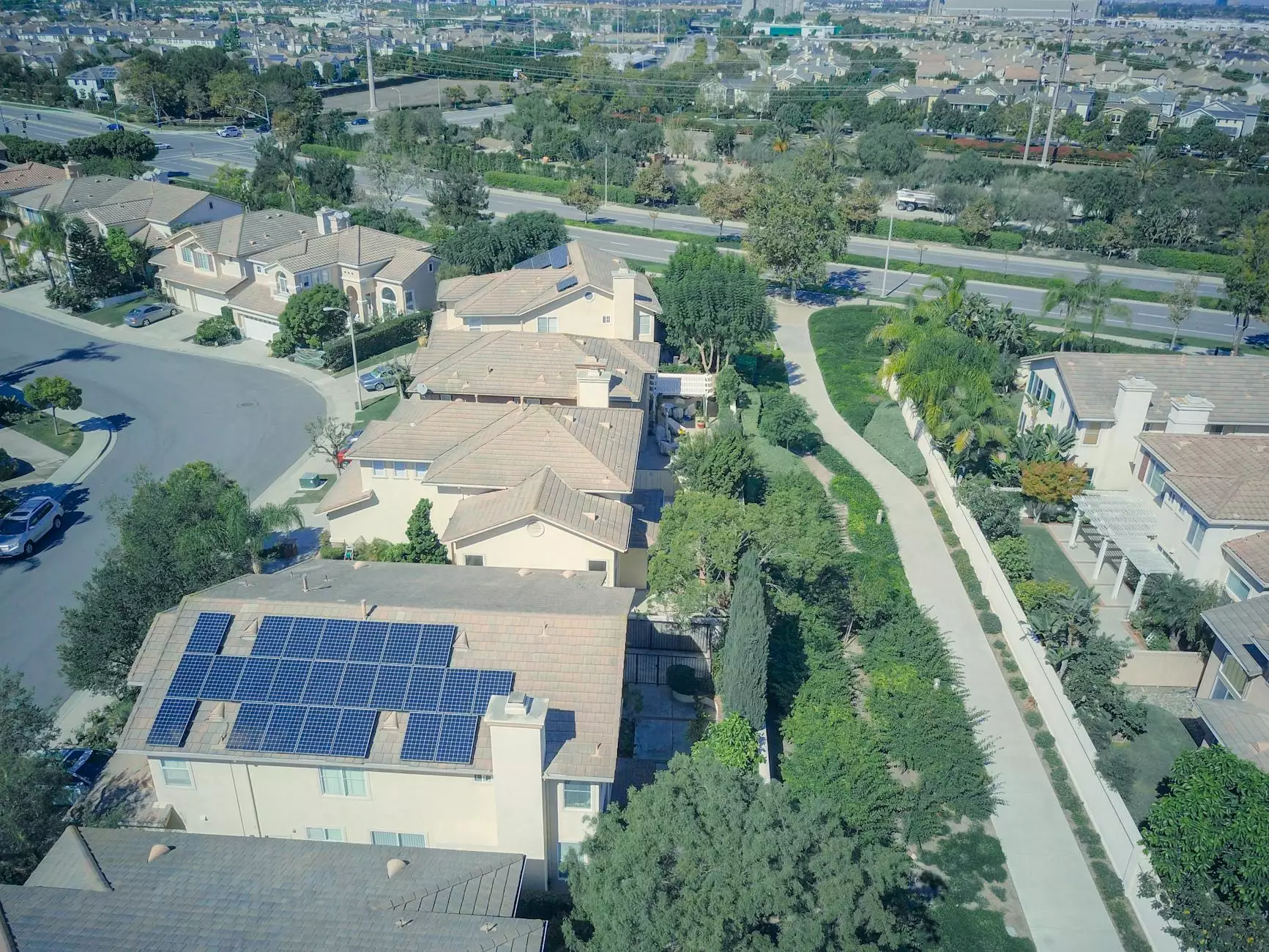The Ultimate Guide to Eco Heating Systems

Understanding Eco Heating Systems
Eco heating systems are innovative solutions designed to provide warmth while minimizing environmental impact. They are an essential part of sustainable living, reducing greenhouse gas emissions and energy consumption. As a homeowner, integrating these systems can lead to substantial savings on energy bills, increased comfort, and a smaller carbon footprint.
Types of Eco Heating Systems
There are various types of eco heating systems available, each having distinct benefits and applications. Below are the most common types:
- Heat Pumps: Heat pumps utilize electricity to transfer heat from external air or ground sources into your home. They are highly efficient and can provide both heating and cooling functions.
- Solar Thermal Systems: These systems harness sunlight to heat water, which can be used for heating spaces or domestic hot water needs. They are an excellent renewable energy source.
- Biomass Heating: Biomass heaters use organic materials, such as wood pellets or chips, to generate heat. They are carbon-neutral and utilize recyclable materials.
- Radiant Floor Heating: This system consists of heating elements installed beneath the floor, providing even heat distribution throughout a room while enhancing comfort levels.
- High-Efficiency Boilers: These traditional heating systems have been upgraded to operate with significantly greater energy efficiency than older models, making them more eco-friendly.
Benefits of Eco Heating Systems
Employing eco heating systems in your home comes with a range of benefits, including:
- Environmental Impact: Using renewable energy sources helps to reduce reliance on fossil fuels and lower carbon emissions.
- Cost Savings: Though the initial investment might be higher, eco heating systems often result in significant savings over time due to lower energy bills.
- Tax Incentives: Many regions offer tax credits or rebates for homeowners installing eco-friendly heating systems, further reducing overall costs.
- Increased Property Value: Homes equipped with modern eco heating systems are often more attractive to buyers, potentially increasing resale value.
- Improved Indoor Air Quality: Advanced systems often include filtration technologies that minimize dust, allergens, and pollutants in your home.
How to Choose the Right Eco Heating System
Selecting the right eco heating system for your home involves several considerations:
Assess Your Energy Needs
Begin with an energy audit to determine your home's heating requirements. The size of your home, local climate, and energy consumption habits will influence the ideal system choice.
Evaluate Your Budget
Consider both initial installation costs and long-term operating expenses. Investigating available financing options and potential incentives can aid in making an informed decision.
Consult with Professionals
Engage with a qualified HVAC professional to assess your home’s unique circumstances and help you understand the performance differences between various systems.
Research Reputable Brands
Look for reliable brands known for quality and service. Read customer reviews and check for energy efficiency ratings.
The Role of HVAC Professionals
When it comes to installing and maintaining eco heating systems, consulting with professionals is critical. Here are the key roles they play:
- Assessment: Professionals conduct detailed assessments to recommend the most suitable systems based on your needs.
- Installation: Proper installation is crucial for efficiency. Experts ensure systems are installed according to manufacturer specifications.
- Maintenance: Regular maintenance ensures systems run smoothly and efficiently, extending their lifespan.
- Emergency Repair: HVAC professionals can promptly address any issues, minimizing potential discomfort.
Eco Heating Systems and Air Quality
An often-overlooked aspect of heating systems is their impact on indoor air quality. Eco heating systems can contribute to a healthier living environment by:
- Reducing Pollutants: Modern systems incorporate advanced filtration methods that trap dust, pollen, and other harmful particles.
- Controlling Humidity: Some eco heating solutions also manage indoor humidity levels, preventing mold and mildew growth.
- Utilizing Non-Toxic Fuels: Biogas and biomass options produce fewer harmful emissions compared to traditional heating sources.
Future Trends in Eco Heating Systems
The heating industry is evolving rapidly, with trends pointing towards even more sustainable solutions:
Smart Technology Integration
Smart thermostats and home automation systems provide users the ability to optimize energy usage efficiently, ensuring systems only work when needed.
Hybrid Systems
Hybrid systems combining two or more technologies (such as a heat pump with traditional heating) will create more versatile and efficient solutions.
Increased Accessibility to Renewable Energy
As technologies develop, accessibility and affordability of renewable energy sources such as solar energy are predicted to improve, making eco heating systems even more practical.
Conclusion
Investing in eco heating systems is a pivotal step toward a sustainable future. Not only do these systems provide warmth and comfort, but they also significantly reduce your environmental impact. By understanding the various types available, their benefits, and the importance of professional installation and maintenance, you can make an informed choice that aligns with your eco-friendly goals.
For expert installation and maintenance services of eco heating systems, visit Regraves HVAC. Experience unmatched quality and professionalism in the HVAC industry.









